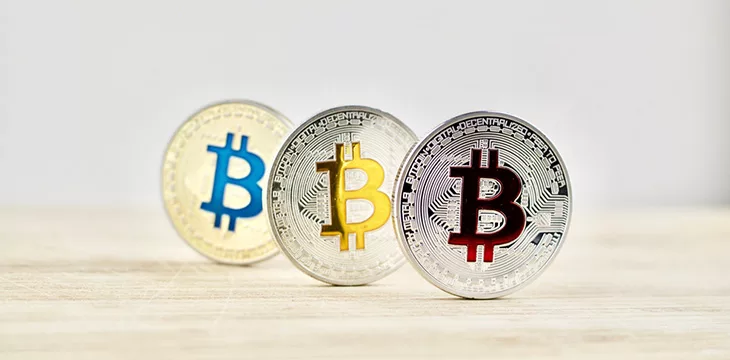|
Getting your Trinity Audio player ready...
|
Hong Kong and the United Arab Emirates have confirmed their interest in forging a partnership to regulate digital assets in their jurisdictions.
Officials from the Hong Kong Monetary Authority (HKMA) and the Central Bank of the United Arab Emirates (CBUAE) met in Abu Dhabi on May 20 to iron out the details of the new partnership. Both parties reached a consensus on the need to improve existing financial infrastructure and allow market connectivity between their jurisdictions.
Senior executives from commercial banks in Hong Kong and the UAE participated in the talks, proffering suggestions on the best ways to revolutionize cross-border trade settlement. The CBUAE and commercial banks under its control focused on leveraging Hong Kong’s financial infrastructure platforms to probe deeper into Southeast Asia.
A central theme in the discussion orbited around digital currencies, with both banking regulators noting the potential of the asset class in improving international payments. By the end of the talks, all parties agreed on the need to collaborate toward creating uniform rules for digital assets to protect investors.
“We are pleased to have welcomed the Hong Kong Monetary Authority and its delegation into the UAE as we look to build on our central banks’ existing and robust relations,” said CBUAE Governor H.E. Khaled Mohamed Balama.
Balama added that the partnership will be a long-term engagement, while HKMA Chief Executive Eddie Yue expressed delight over the deliberations noting that both nations share “many complementary strengths and mutual interests.”
The UAE has been involved in several bilateral arrangements regarding the state of its cross-border trades. In March, the CBUAE and the Reserve Bank of India (RBI) announced that they would collaborate on the potential of integrating cross-border payment functionalities in their proposed central bank digital currency (CBDCs).
Hong Kong towers above its peers
Hong Kong’s plans to attract global digital asset service providers to set up shop in the region has seen it emerge as the leading jurisdiction for digital currencies. Regulators confirm that retail investors will be allowed to access digital assets provided they comply ahead of the launch of new rules.
“Despite the potential risks involved, virtual assets also carry with them fundamental value,” said Hong Kong’s Treasury Chief Christopher Hui. “So for these positive elements to be harnessed, these activities have to be allowed in a regulated way.”
Over 80 firms have signaled an intention to open offices in Hong Kong, with the region’s regulator currently handling applications from Huobi, OKX, and Coinex.
Watch: The Middle East’s Blockchain Race

 08-30-2025
08-30-2025 





